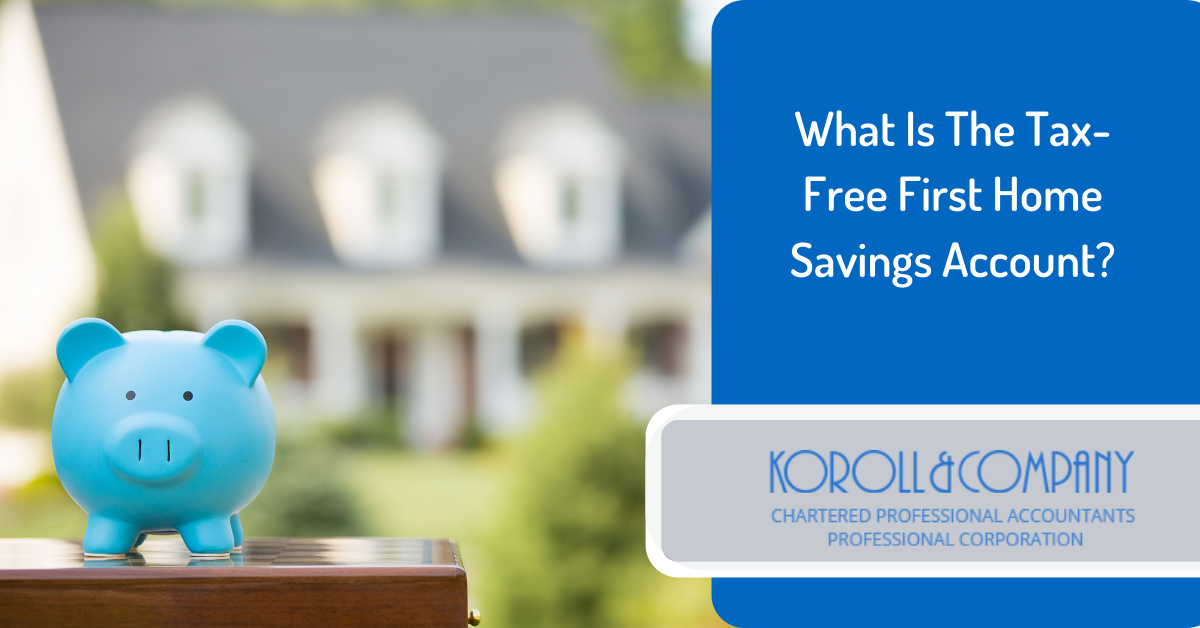 In the 2022 Federal budget, the government proposed a new tax-free savings plan called the First Home Savings Account (FHSA). This account will take the benefits of a TFSA and combine them with the benefits of an RRSP to help Canadians save for their first home.
In the 2022 Federal budget, the government proposed a new tax-free savings plan called the First Home Savings Account (FHSA). This account will take the benefits of a TFSA and combine them with the benefits of an RRSP to help Canadians save for their first home.
The FHSA will be like an RRSP in that any contributions you make will be tax-deductible. Any withdrawals, including investment income, will be tax free so long as the money is used to purchase your first home.
Right now, eligibility for the First Home Savings Account stands as follows:
- You must be a resident of Canada.
- You must be at least 18 years of age.
- You can not own a home at any time in the year the account is opened or during the preceding four calendar years.
Unlike the Home Buyer Program through your RRSP, you will not have to pay back the money you take out to buy a home. This is what makes it more like a traditional TFSA.
The lifetime deposit amount of the FHSA will be $40,000, with an annual contribution limit of $8,000.
People with a First Home Savings Account will not need to pay back any funds withdrawn, however, once a withdrawal has been made to purchase a home, the FHSA will need to be closed within a year from the first withdrawal.
An additional benefit is that anybody who has been saving for a home in their RRSP to take advantage of tax-deductible contributions will be able to transfer money from their RRSP to FHSA without paying taxes on the withdrawal.
If you do not use the full $40,000 to buy a home or you don’t buy a home within 15 years, you can transfer money from your FHSA to your RRIF or RRSP without losing RRSP contribution room. You can also transfer it to a TFSA but there will be tax implications.
There is, however, one major drawback though for some investors.
The FHSA is open to any Canadian who is 18 years of age or older (originally there was an upper age limit of 40 but this has been removed). The problem is that you can only deposit a maximum of $8,000 per year and any unused contribution amount will not be carried forward.
That means, at the max annual contribution, you wouldn’t be able to benefit from the full $40,000 for five years. With the expected start date for FHSAs being in 2023, this means an investor wouldn’t be able to set aside the full $40,000 until 2027.
While that isn’t an issue for investors who are planning to buy a house in five years or more, it’s problematic for someone looking to invest sooner rather than later.
As this is a proposed change, there’s still more information to come. It’s also possible that changes could be made to the already announced details of the FHSA. Interested in learning more?
Get in touch with the Koroll team of chartered professional accountants today!






